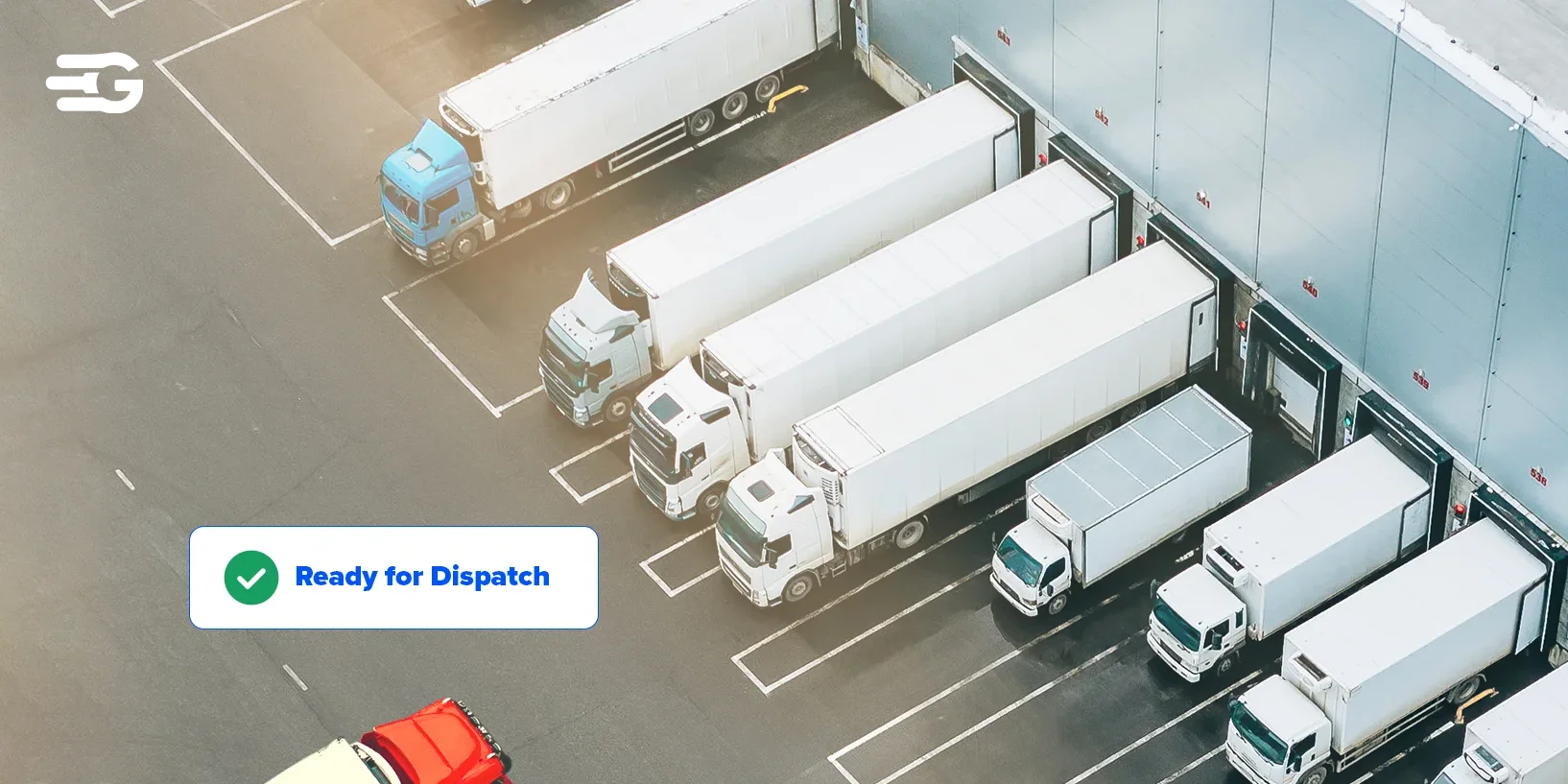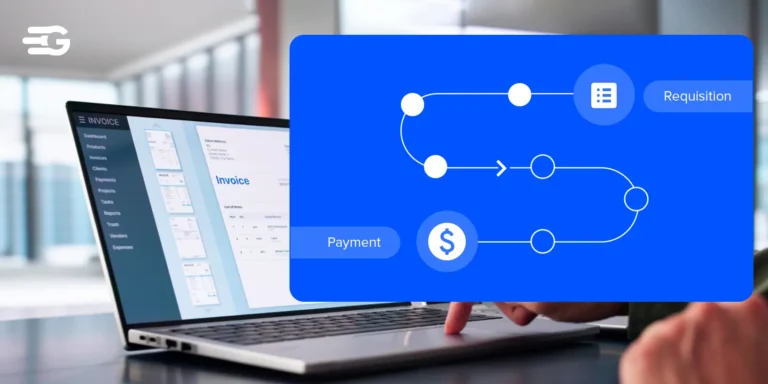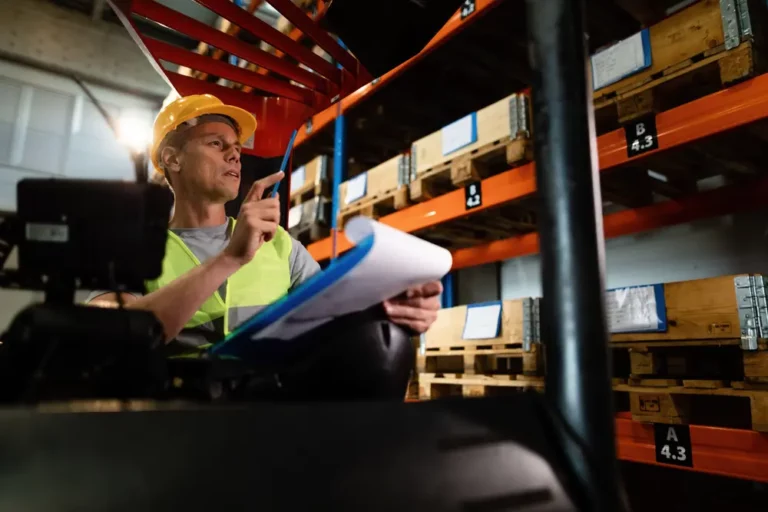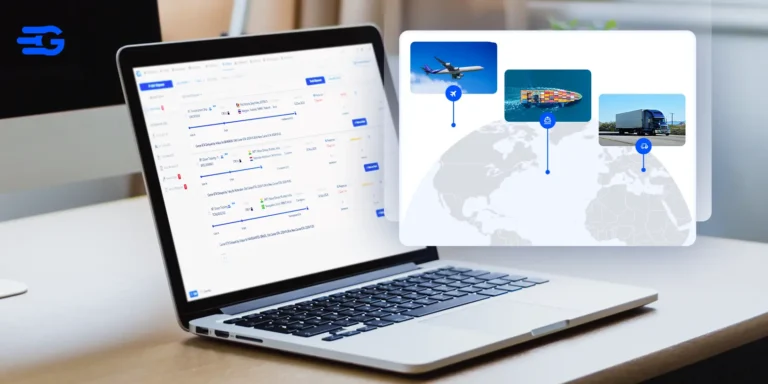Automated Freight Dispatch Tools: A Must-Have for Logistics Operations
The logistics industry is under mounting pressure to enhance efficiency, cut operational costs, and meet rising customer expectations in an increasingly competitive market. Recent policy and economic developments have further intensified these challenges. This highlights a rising needs for automated freight dispatch tools.
The Trump administration’s proposed 25% tariffs on imports from Canada and Mexico threaten to drive up costs across multiple sectors. General Motors CEO Mary Barra has warned that such tariffs could significantly raise vehicle assembly costs, impacting profitability and potentially slowing advancements in electric vehicle production (The Sun).
Simultaneously, the Chinese New Year, which began on January 29, 2025, has triggered widespread factory closures and labor shortages in China, disrupting global supply chains. The annual holiday causes a surge in pre-festival production, followed by a complete shutdown of manufacturing activities, resulting in shipment delays and backlogs (All Things Supply Chain).
Amidst these challenges, automated freight dispatch tools have become a necessity rather than a luxury. By optimizing routing, streamlining carrier assignments, and providing real-time tracking, automation enables logistics companies to maintain service reliability, control costs, and navigate disruptions with greater agility.
What are Automated Freight Dispatch Tools?
Automated freight dispatch tools refer to the use of technology to streamline and optimize the process of assigning and managing shipments within a logistics operation. Through software tools and AI-driven algorithms, dispatching can be automated to:
Assign shipments: The system automatically selects the most suitable carrier based on factors such as distance, cost, delivery time, and load capacity.
Optimize routes: By integrating GPS and traffic data, it can calculate the most efficient routes for freight, reducing fuel consumption and delivery times.
Provide real-time updates: Automated freight dispatch tools track shipments in real-time, providing customers with visibility and reducing the need for constant manual checks.
Integrate with other systems: These systems connect to warehouse management, inventory control, and financial tools, ensuring seamless data flow across the supply chain.
Enhance communication: Automated freight dispatch tools send notifications to drivers, dispatchers, and customers, improving coordination and minimizing errors.
Also Read: Top 15 Freight CRM Software
The Benefits of Automated Freight Dispatch
Globally, automation has made life easier in every industry. See how freight automation can help you create a smoother and happier supply chain:
Increased Efficiency and Speed
One of the most significant advantages of automated freight dispatch tools is their ability to boost efficiency. According to McKinsey & Company (2022), automation in supply chains can improve operational efficiency by up to 30%, reducing lead times and improving resource utilization. Logistics companies can quickly adapt to changes in demand, traffic conditions, and disruptions, ensuring timely deliveries.
Cost Reduction
Automation helps logistics companies cut costs in several ways:
Fuel Savings: Optimized routing reduces unnecessary mileage and fuel consumption.
Labor Efficiency: Automated scheduling reduces reliance on manual work, lowering administrative costs.
Fewer Errors: Avoiding misrouted shipments saves on costly corrections.
A report by the American Transportation Research Institute (2021) found that inefficient routing and scheduling cost the U.S. trucking industry over $60 billion annually. Automating these processes can significantly reduce these expenses.
Improved Accuracy and Reduced Errors
Manual dispatching is prone to human error, leading to incorrect assignments, missed shipments, or late deliveries. Automated systems minimize such errors by ensuring precision in carrier selection, load matching, and scheduling. A Gartner (2023) report highlights that logistics companies using automated freight dispatch tools saw a 45% decrease in operational errors and improved on-time deliveries.
Scalability
As logistics companies expand, manual dispatching becomes increasingly difficult. 72% of logistics companies that adopted automation saw improved scalability and were able to manage higher shipment volumes without increasing workforce size (Gartner, 2022).
Enhanced Customer Experience
Real-time tracking, automated notifications, and accurate delivery estimates lead to better customer satisfaction. A Capgemini (2023) study found that 85% of customers prefer logistics providers that offer real-time tracking and proactive notifications.
GoPlan: A Game-Changer in Automated Freight Dispatch
GoComet, a leading logistics and supply chain management platform, provides an advanced automated freight dispatch solution that addresses many of the challenges in the logistics industry – GoPlan. By leveraging technology and integrating multiple data sources, GoPlan helps companies optimize their freight dispatch processes, reduce manual intervention, and improve overall efficiency.
Key Benefits of GoComet’s Automated Freight Dispatch Tools
AI-Powered Dispatching
GoComet’s AI and machine learning algorithms automate freight dispatch by selecting the best carriers based on cost, distance, and delivery windows. Real-time dynamic adjustments help logistics companies stay agile.
Seamless Integration
The software integrates with ERP and TMS platforms, ensuring smooth data flow between dispatch systems, warehouses, and customer portals.
Predictive Analytics for Proactive Decision-Making
Using predictive analytics, the system forecasts shipment delays, weather disruptions, and traffic congestion, helping logistics teams proactively adjust plans.
Enhanced Carrier Collaboration and Performance Tracking
GoComet provides a centralized system for tracking carrier performance, analyzing freight rates, and ensuring compliance with SLAs. Automated scorecards help businesses evaluate efficiency and cost-effectiveness.
Sustainability and Reduced Carbon Footprint
By optimizing routes and reducing waste, GoComet helps logistics companies meet sustainability goals while lowering operational costs.
Real-Time Visibility and Exception Management
The system ensures that logistics teams receive instant notifications in case of delays, route changes, or unexpected disruptions, allowing them to take immediate action.
Why Automated Freight Dispatch Tools are the Future
With rising operational costs, increasing customer expectations, and global supply chain complexities, logistics companies must embrace automation to stay competitive.
Automation is not just a convenience—it’s a necessity.
1. The Rise of AI in Freight Management
AI-driven automation is revolutionizing logistics. According to Deloitte (2023), AI in transportation and logistics is projected to grow at a CAGR of 17.5% from 2023 to 2030, driven by the need for real-time decision-making and predictive analytics.
2. Increasing Adoption of Digital Freight Platforms
Digital automated freight dispatch tools, such as Uber Freight, Convoy, and GoComet, have gained significant traction. A Market Research Future (2024) report estimates that the global digital freight brokerage market will reach $16.5 billion by 2027, emphasizing the shift towards automation.
3. Sustainability and Green Logistics
The logistics sector contributes nearly 8% of global CO₂ emissions (IEA, 2023). Automated dispatching helps companies lower their carbon footprint by:
- Optimizing routes to minimize fuel use.
- Reducing empty miles by better load balancing.
- Enhancing fleet efficiency through predictive maintenance.
Companies like DHL and Maersk have already implemented AI-driven logistics automation to cut emissions by 15-20% (DHL Sustainability Report, 2023).
With GoPlan’s automated freight dispatch tools, businesses can not only improve efficiency and reduce costs but also future-proof their operations against disruptions. As AI-driven logistics continue to evolve, early adopters will gain a significant competitive advantage in optimizing freight management, ensuring timely deliveries, and enhancing customer satisfaction.
In an era where precision and agility define success in logistics, automated freight dispatch tools are your best bet. The companies that leverage automation today will lead the supply chains of tomorrow.






